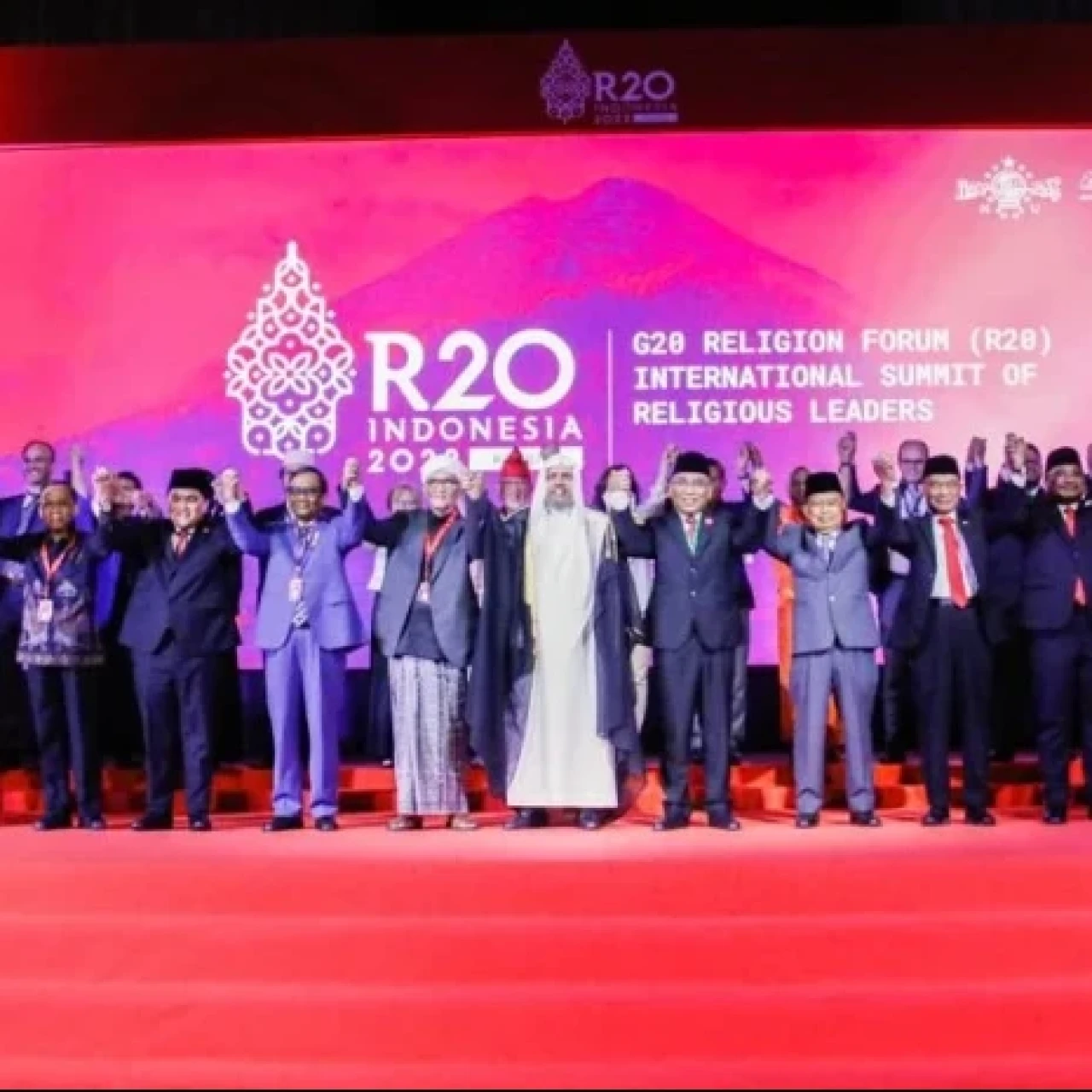The purpose of fasting is to attain the degree of piety. Those who are fasting are expected to be capable of developing and strengthening their powers of self-control in addition to putting aside wrongful desires and bad habits.
Many people repeatedly fasting could not guarantee themselves to become the so-called muttaqin (those who have the quality of piety) for not being able to spiritualizing Ramadhan.
We may consider that fasting--that is in Arabic called sawm and literally means "restraint"--is about restraining from eating, drinking, and engaging in sexual activity from dawn to sunset during Ramadhan only. Then after Ramadhan we could easily be re-controlled by our lust and many other wrongful desires.
If it happens to us, that means we do not yet understand the essence of fasting. Whereas, the essence of fasting is not merely to restrain from eating and drinking. Yet it is a total restraint with the control of faith by, among others, nurturing the soul to be obedient to God and filter out such negative emotions as anger, greed, selfishness, arrogance, and dishonesty.
In addition to controlling the mouth from eating and drinking, fasting also restrains the tongue from saying band words, such as gossip, verbal abuse, slander, and so fourth.
Fasting also teaches us to restrain our eyes (ghadhul bashar) from looking at unlawful things and restraining our ears from listening to unlawful things such as listening to gossip and others. In addition, it also teaches us to take control of our feet and hands of refraining from usurping other’s rights and belongings.
Fasting also teaches us the importance of charity and generosity. We learn to give, and not to take. It could make us sympathize with the suffering of others, and desirous of alleviating it in addition to making us remember the blessings of life which we normally take for granted.
On this stand, Ramadhan is inherently about purifying the soul and rejuvenating the faith and also contains the meaning of developing character, increasing self control and an inspiration towards individual and social creativity.
Those objectives are the essence of spiritualizing Ramadhan that will bring the faithful man to taqwa which is the core principle in Islam that should always be perfected and the peak of human glory before God Almighty.
The words of Prophet Muhamad (PBUH) said, " Whoever did not give up lying and practicing falsehood, Allah is in no need of his giving up food and water." (HR. Buhari from Abu Hurairah).
The Prophet also said, "Many are the fasters whose fasting does not bring them anything except hunger and thirst and many are those who keep standing in the night but their standing does not bring anything except being awake in the night".
What is important to note here is that, in addition to becoming a physical experience, Ramadhan is a spiritual one that could be found in all religious traditions. We can see, for instance, such prophets as Muhammad (PBUH), Moses, Jesus, even Buddha, etc., practiced it as part of attaining their first experience of spiritual enlightenment.
____
Sudarto Murtaufiq, lecturer of the Islamic University of Lamongan and doctoral candidate in Multicultural Islamic Education at the Islamic University of Malang.
Terpopuler
1
Khutbah Jumat: Ramadhan dan Kesempatan yang Tidak Selalu Terulang
2
Innalillah, Ulama Mazhab Syafii asal Suriah Syekh Hasan Hitou Wafat dalam Usia 83 Tahun
3
Kultum Ramadhan: Lebih Baik Sedikit tapi Istiqamah
4
Khutbah Jumat: Ramadhan, Melatih Sabar, Memperkuat Syukur
5
Keluar Mani yang Tidak dan Membatalkan Puasa
6
Khutbah Jumat: Tiga Kebahagiaan Orang Puasa
Terkini
Lihat Semua














